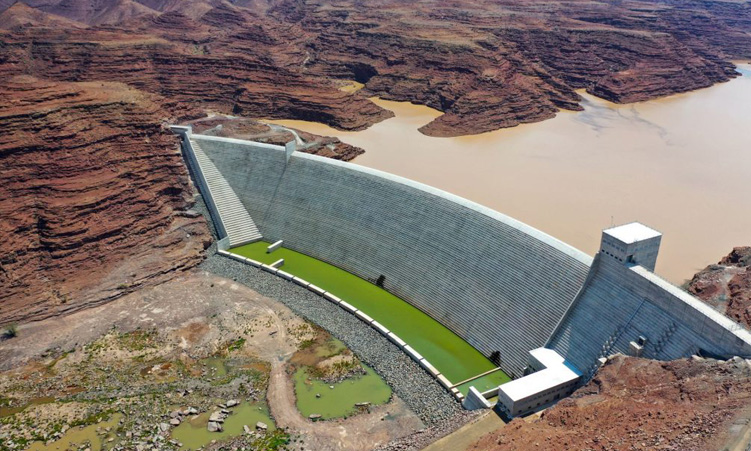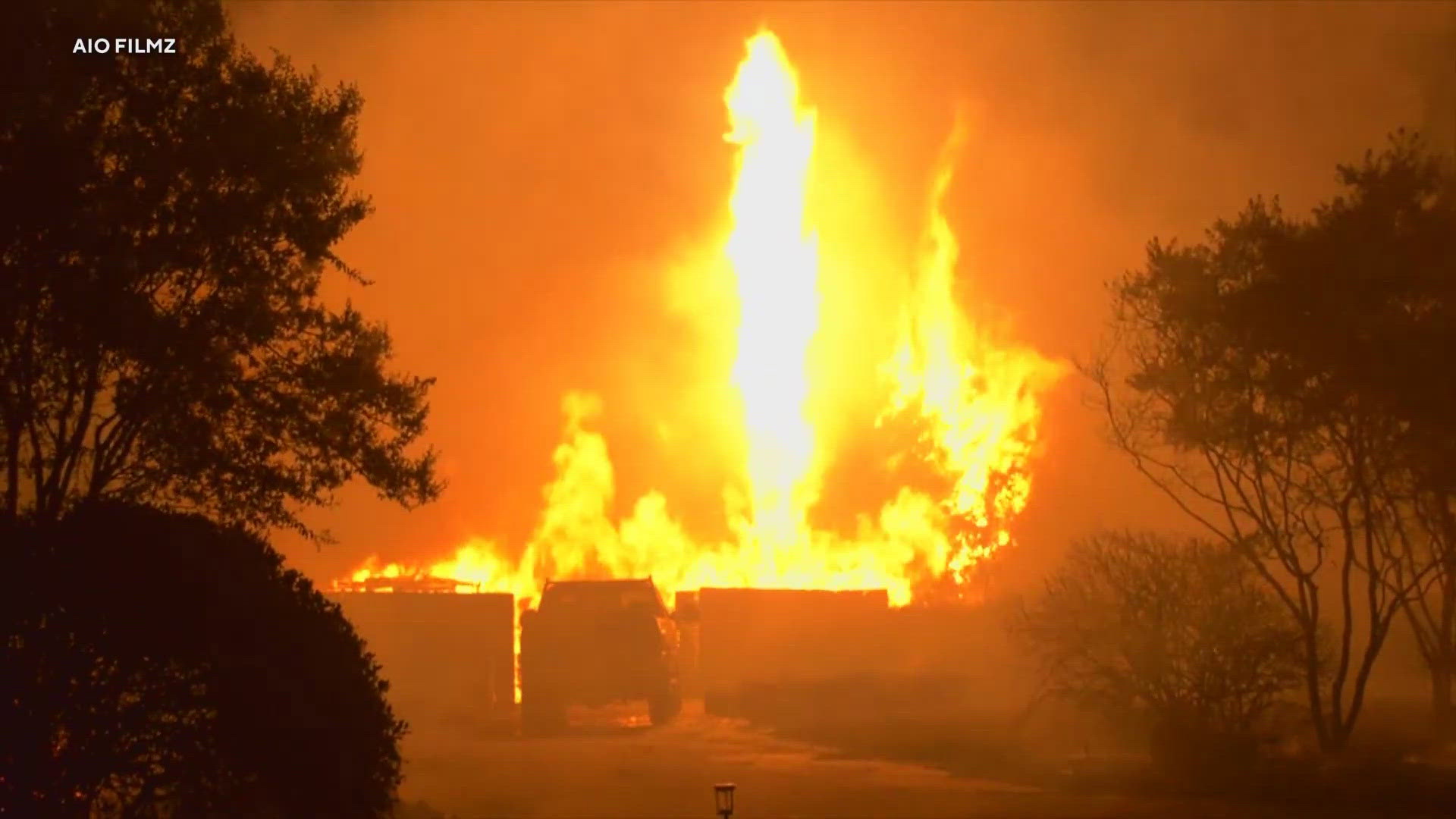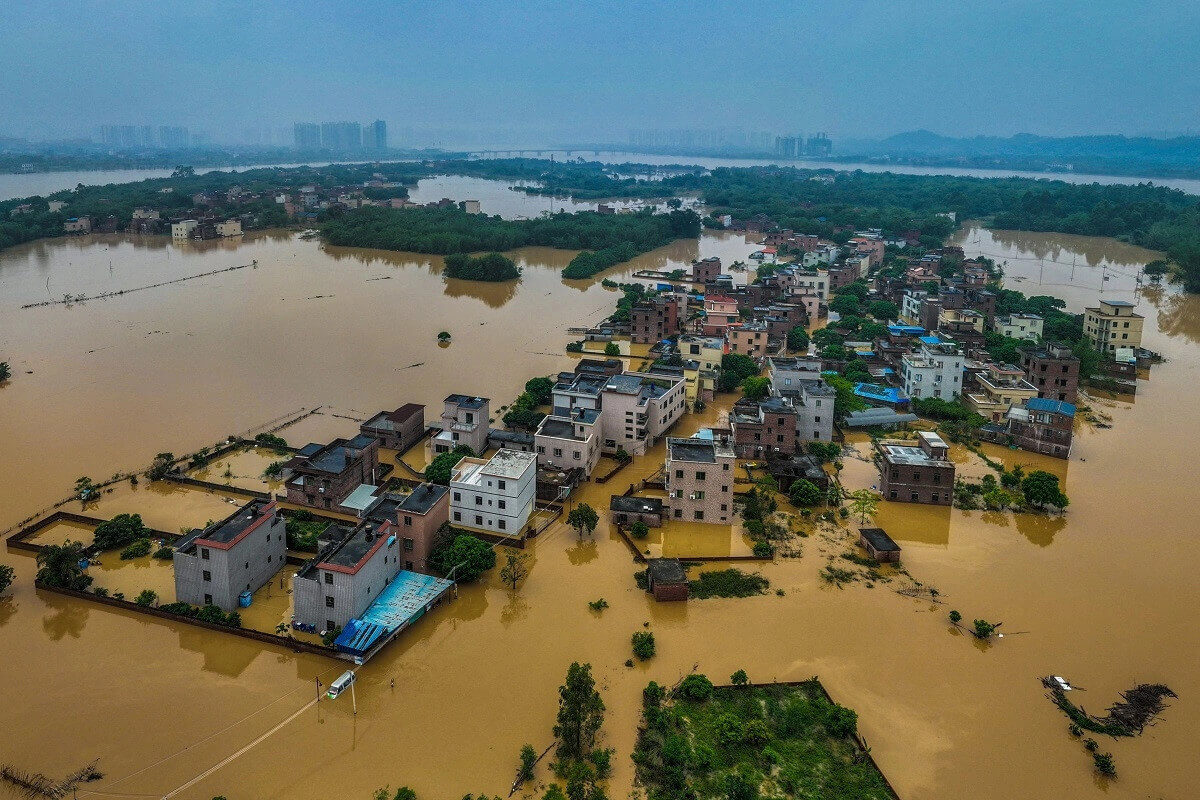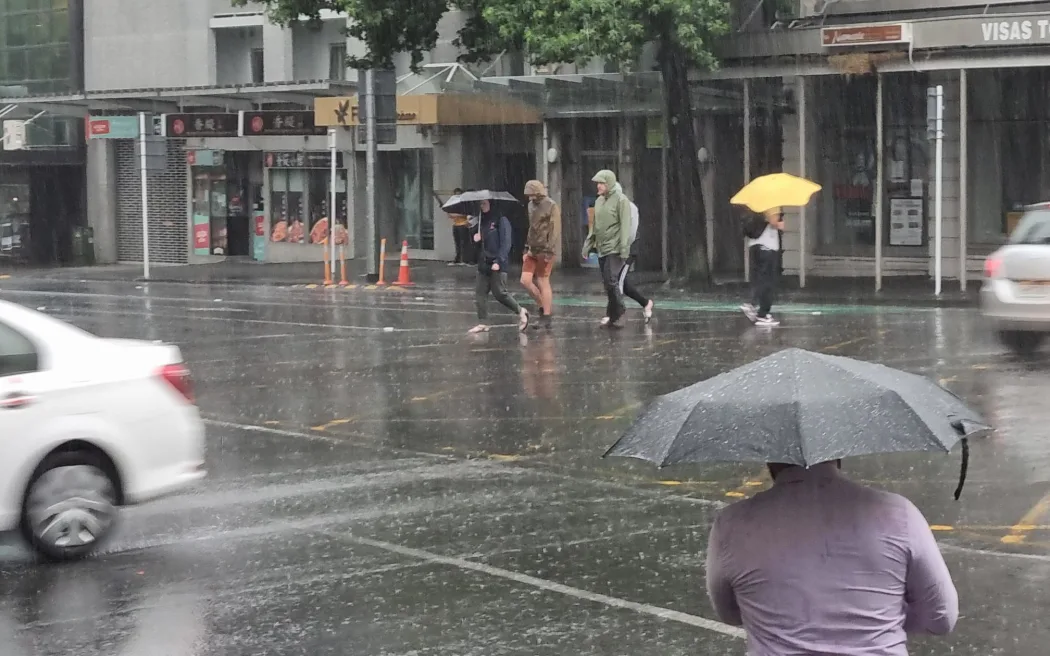In a surprising move, Pope Leo XIV has declared the threat posed by Artificial Intelligence (AI) to humanity a central tenet of his papacy, positioning himself at the forefront of a growing debate about the ethics of emerging technologies. The new American pope’s stance on AI is a marked departure from the Vatican’s traditional focus on spiritual and moral issues, and comes as the technology industry has been working to build bridges with the Catholic Church in recent years.
As Pope Leo XIV navigates the complexities of his legacy, he has chosen to emphasize the need for humanity to address the potential risks and consequences of AI development. His remarks have sparked a renewed conversation about the role of ethics and responsibility in the pursuit of technological advancements, and have been welcomed by some as a long-overdue recognition of the urgent need for caution.
The Vatican’s shift on AI is seen as a significant development, with implications far beyond the confines of the Catholic Church. As AI continues to advance at an unprecedented pace, the world is poised to grapple with fundamental questions about its impact on human society and the future of work. With Pope Leo XIV at the helm, the debate about AI’s threat to humanity has become a signature issue of his papacy, inviting Catholics and non-Catholics alike to engage in a broader discussion about the ethics of emerging technologies.










